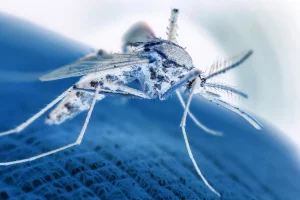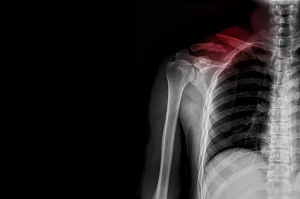Obesity can lead to liver disease in kids as young as 8 years old, a new study warns.
The long-term study of 635 children in Massachusetts found that a bigger waist size at age 3 increases the odds that a child will have a marker for liver damage and nonalcoholic fatty liver disease by age 8.
That marker is called ALT. By age 8, 23 percent of children studied had elevated blood levels of ALT. Those with a bigger waist size at age 3 and those with larger increases in obesity between ages 3 and 8 were more likely to have elevated ALT at age 8, the researchers found.
About 35 percent of obese 8-year-olds had elevated ALT, compared with 20 percent of children whose weight was normal, according to the Columbia University study.
“With the rise in childhood obesity, we are seeing more kids with nonalcoholic fatty liver disease in our pediatric weight management practice,” study lead author Dr. Jennifer Woo Baidal said in a university news release.
“Many parents know that obesity can lead to type 2 diabetes and other metabolic conditions, but there is far less awareness that obesity, even in young children, can lead to serious liver disease,” she added.
Nonalcoholic fatty liver disease occurs when too much fat accumulates in the liver, triggering inflammation that causes liver damage. The condition affects about 80 million people in the United States, and is the most common chronic liver condition in kids and teens, the researchers said in background notes.
While nonalcoholic fatty liver disease typically does not cause symptoms, it can lead to scarring (cirrhosis) of the liver and cancer.
“Some clinicians measure ALT levels in at-risk children starting at around 10 years old, but our findings underscore the importance of acting earlier in a child’s life to prevent excess weight gain and subsequent liver inflammation,” Woo Baidal said.
She said the best way for kids and adults to combat fatty liver disease is to lose weight, by eating fewer processed foods and getting regular exercise.
“We urgently need better ways to screen, diagnose, prevent and treat this disease starting in childhood,” Woo Baidal said.
Woo Baidal is director of pediatric weight management at the Center for Adolescent Bariatric Surgery at New York-Presbyterian Children’s Hospital, and an assistant professor of pediatrics at Columbia.
The study was published April 4 in the Journal of Pediatrics.
More information
The U.S. Centers for Disease Control and Prevention offers advice on helping children maintain a healthy weight.
Source: HealthDay
Copyright © 2025 HealthDay. All rights reserved.

















